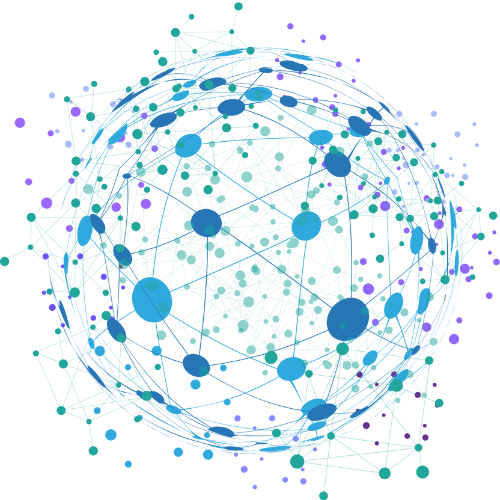
Changing the way the world treats inflammatory diseases.
Network Immunology is transforming the future of human health by developing therapies that modulate the immune system, restoring it back to homeostasis.
Our mission is to address the root causes of immune dysfunction while preserving the body’s natural defenses, delivering smarter, safer solutions for lasting relief from chronic inflammatory disease.
One platform. Human-first impact.
Built on a single breakthrough platform, our immune-modulating therapy is designed for human inflammatory disease - validated and accelerated through canine models that closely mirror human immune dysfunction.
This translational approach reduces development risk while enabling faster, more informed progress toward scalable human therapies.
Leaders in Immune Innovation
Our team brings together dedicated experts in clinical medicine, veterinary therapeutics, biotech commercialization, and immunology research. With deep experience translating science into scalable therapies, we are purpose-built to move immune-resetting innovation from lab to clinic.
Product Pipeline
Human focused development, accelerated through translational canine immunology
We’re advancing immune-modulating therapies that target the root causes of immune dysfunction. Because dogs share key immune pathways and naturally develop inflammatory diseases similar to those in humans, canine studies provide a powerful translational bridge, allowing us to validate immune-resetting mechanisms before entering human trials.
Canine studies provide naturally occurring disease models that closely reflect human immune dysfunction, accelerating mechanism validation and reducing clinical risk.
NI-HUM-001: A first-of-its-kind therapy for reducing human allergies
NI-HUM-002: Designed for human autoimmune conditions
*Mode of application: Injectable (under the skin)
Canine Translational Products
NI-CAN-001: For dogs with allergies
NI-CAN-002: For arthritis in dogs
NI-CAN-003: For dogs with colitis
*Mode of application: Injectable (under the skin)





